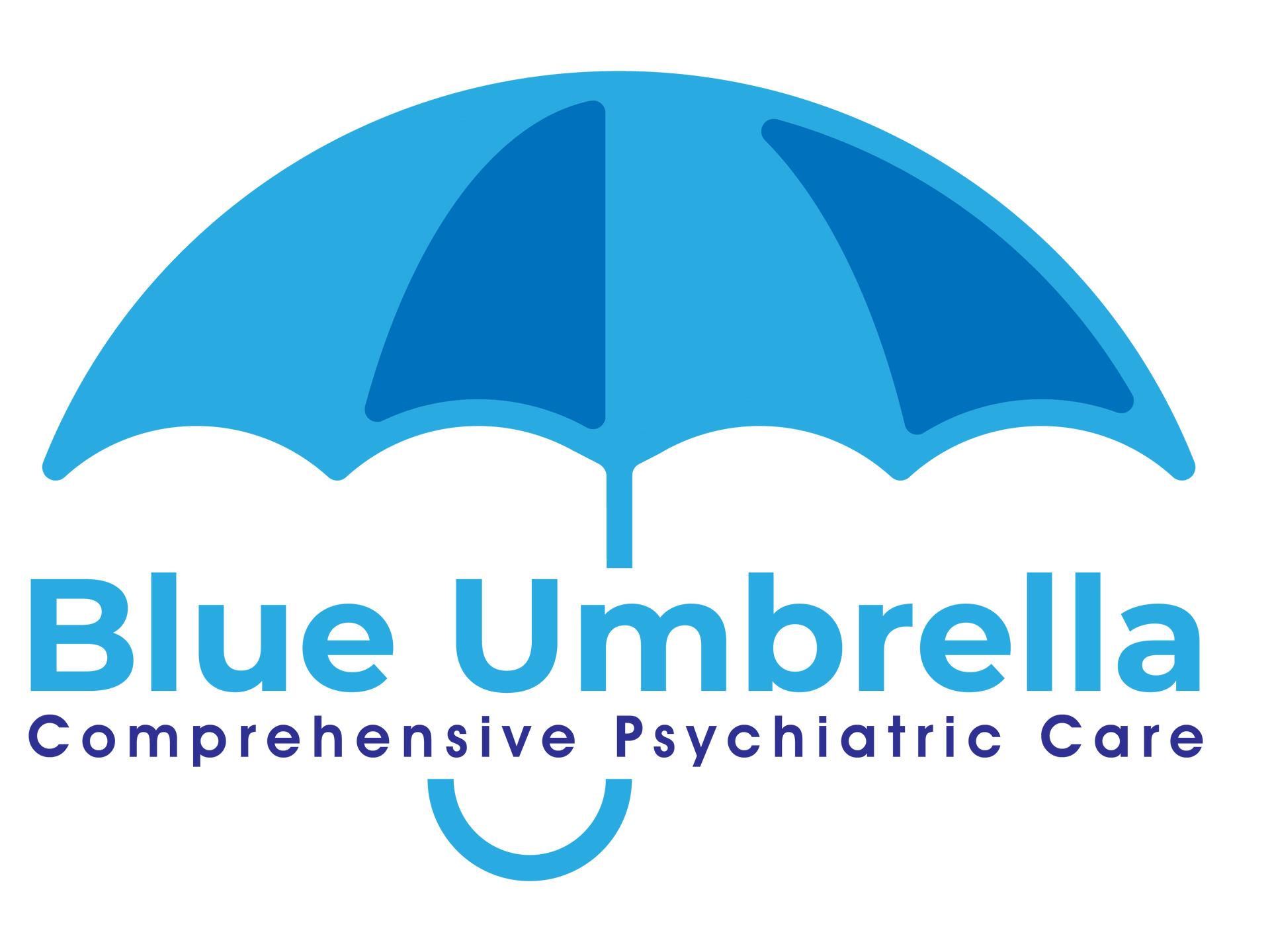If you've been battling depression and haven't found relief with traditional medications, you're not alone. Up to one-third of people with depression experience treatment-resistant depression (TRD), meaning multiple medications haven't brought significant improvement. But there's good news: a breakthrough treatment: Ketamine Therapy offers hope.
What is Ketamine Therapy?
Ketamine is a medication used as an anesthetic since 1962, and has been proven effective for psychiatric disorders. It can offer patients who are battling depression, anxiety and mood disorders a safe and proven therapy when other methods have failed. Unlike traditional antidepressants that work on serotonin levels, Ketamine works differently, potentially impacting brain circuits involved in mood regulation. Research suggests that Ketamine promotes the growth of new synapses in the prefrontal cortex resulting in greater connectivity in the brain.
Things to Consider About Ketamine
Insurance Coverage:
Ketamine isn't covered by insurance, though your office visit portion may be covered. Patient is responsible for the costs of supplies. We'll assess your coverage and provide you with a cost estimate
Clinic Visits: Ketamine requires in-clinic administration due to potential side effects. You'll likely need to stay for monitoring for at least
two hours and you cannot drive on days of treatment.
Side Effects: Ketamine can cause dissociation (feeling disconnected from your body or surroundings), dizziness, and nausea. Talk to a healthcare professional about potential side effects and how to manage them.
Length of treatment: Treatments usually involve one to two infusions per week for three to five weeks. Your provider will monitor your progress for long lasting results and may suggest additional maintenance treatments.
Is it Right for You?
Ketamine offers a promising option for TRD, but it's important to weigh the pros and cons. Discuss it with your doctor or a mental health professional to see if it aligns with your needs and situation. They can help you understand the potential benefits and risks and determine if it is a good fit for your treatment plan.
Remember, you're not alone in this fight. There is help available, and new options are emerging. Talk to Blue Umbrella Psychiatry and explore all possibilities for managing your depression.













